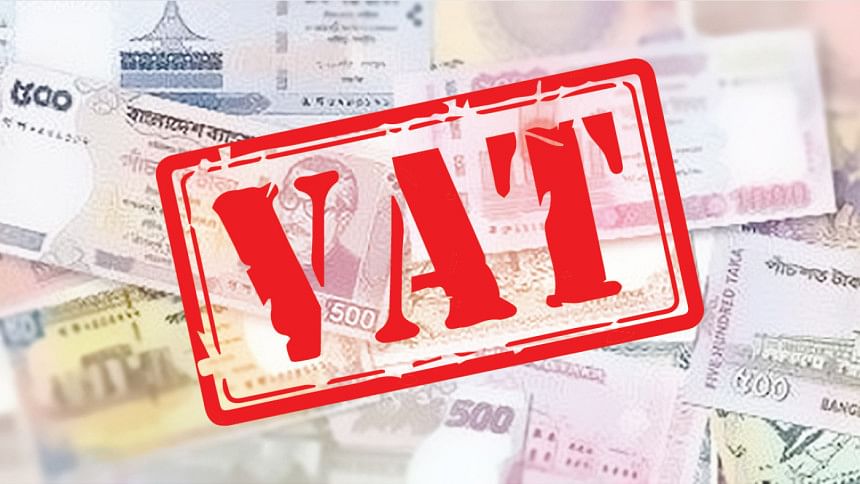Keep VAT low for gas and electricity: economists

Two economists yesterday suggested keeping the value-added tax rates low for electricity and energy instead of collecting 15 percent from commoners.
“It will be better if the VAT on electricity and fuel is withdrawn. But if not possible, it will be good to keep the rate as low as possible,” said Wahiduddin Mahmud, a noted economist, at the pre-budget meeting organised by the National Board of Revenue.
Mahmud, also a former adviser to a caretaker government, said universal inputs like electricity and energy should not attract any VAT from a rational point of view.
“But VAT is collected from these areas for revenue collection.”
Mahmud also suggested making the compliant and tax dodgers' names public to curb evasion and encourage compliance.
He said tax evasion is one of the main problems in Bangladesh.
“Some are not paying taxes for lack of awareness while some are dodging for self interest. But the main reason is social attitude where non-payment of tax is treated as normal. As a result, none feels guilty for non-payment.”
A list of tax and VAT paying businesses can be put up at the open spaces of markets for motivation. Compliant VAT paying firms can also be given recognition, the economist said.
“Tax payment should be made part of social norm where non-compliance should be viewed as humiliation. Tax should be paid from the fear of social embarrassment.”
He also suggested the revenue authority to continue with its awareness campaigns to motivate people to pay tax.
About the new VAT law, he said its implementation will make determine whether it is good or bad.
“Enforcement is the real test,” Mahmud said, while stressing on the need for getting more firms to sign up for Business Identification Number.
Businesses should be encouraged so that they can maintain their accounts and records properly, he said, while recommending the taxmen to cross-check the statements submitted by businesses to the NBR for tax compliance and to banks for getting loans.
About the realtors' pleas for allowing investment of undisclosed income without any questioning, he said: “It is not the tax authority's concern if the income is legal or illegal -- it is the job of the Anti-Corruption Commission.”
He also stressed on revising the minimum registration value of land, citing that a large portion of properties are transferred at prices much higher than the minimum value. As a result, many honest taxpayers become owners of illegal income.
“This cannot be,” he added.
The cost of gas and electricity has already increased for the hike in rates by the government, said Towfiqul Islam Khan, research fellow of the Centre for Policy Dialogue.
In such a scenario, a hike in VAT rate to 15 percent will affect consumers.
At present, consumers have to pay 5 percent VAT on electricity bills.
He went on to suggest the NBR to gradually increase the VAT rate to 15 percent for goods and services like electricity and that too with advance warning.
“It will be helpful for consumers and investors to plan ahead,” Khan added.
At the programme, PwC Bangladesh, led by its Managing Partner Mamun Rashid, submitted its recommendations for fiscal 2017-18's budget.
There should be no doubt that the VAT law will be implemented from July, said NBR Chairman Md Nojibur Rahman.
“We have already started the countdown,” he said, adding that a debate will be held in the capital soon between the VAT department and businessmen regarding the VAT law.
Basic food, education and healthcare have been kept out of the purview of VAT in the new law, said Jahangir Hossain, member of NBR's VAT Policy. Also, businesses whose annual turnover is less than Tk 30 lakh will remain out of the VAT umbrella.
“Such a waiver prevails nowhere in the world,” he added.

 For all latest news, follow The Daily Star's Google News channel.
For all latest news, follow The Daily Star's Google News channel. 



Comments